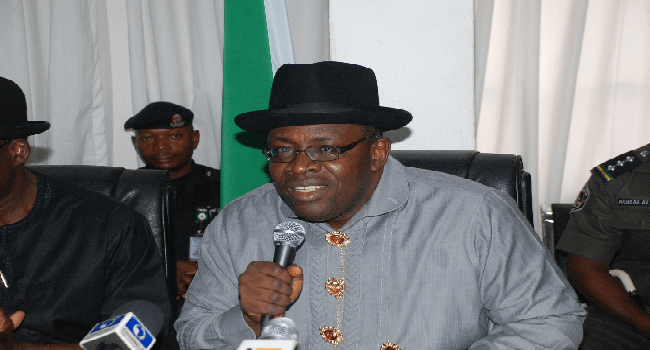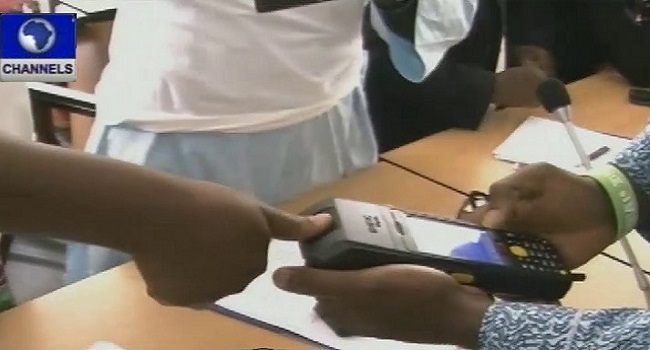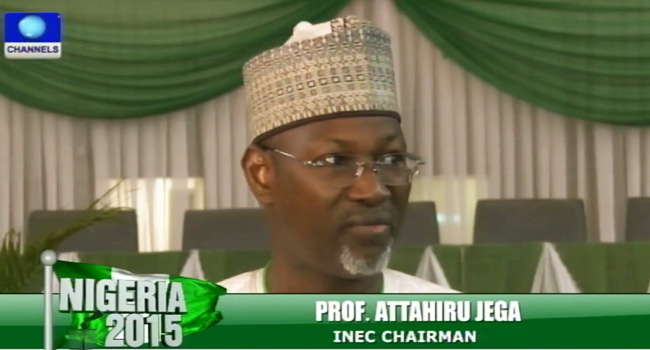A former Attorney General and Commissioner for Justice in Bayelsa State, Kemasuode Wodu, SAN, has raised the alarm over possible legal issues arising from accreditation in the conduct of the oncoming general elections.
Wodu, who made a live appearance on Channels Television’s The 2023 Verdict on Monday, made a case against the use of manual voter registers by electoral officers under the Independent National Electoral Commission (INEC).
Citing Section 47 Subsections 1 to 3 of the Electoral Act 2022, he said, “By those provisions, particularly Sub[sections] 1 and 2, accreditation must be by means of a technological device or a smart card reader and INEC, of course, has complied with that by introducing the BVAS.”
He took issue with INEC’s alleged reintroduction of manual accreditation in its Guidelines and Regulations for the Conduct of the Elections, arguing that it goes beyond the procedure prescribed under the Electoral Act.
The former attorney-general cited paragraph 19(E)(2) and (3), saying, “Upon the presentation of the PVC of the voter, the electoral official there will go through the manual voter register and then confirm that the serial numbers and the relevant [voter information] are in order.”
He added that after the electoral officer ticks the register, the voter is then permitted to cast their vote.
“That is contrary to the provisions of the Electoral Act because the National Assembly has, in its wisdom, done away with manual accreditation,” Wodu said. “Accreditation must be by means of a technological device.”
According to him, the provision was enacted to eliminate delays in the voting process occasioned by the use of manual registers, which he said led to instances of voting continuing till late in the day.
READ ALSO: Elections: All Eyes Are On You, Buhari Tells Police And Other Security Agencies
“I’ve gone through the INEC Guidelines and Regulations a couple of times, and I do not think that sufficient attention has been paid to this provision of Section 73(2), that is, in terms of the implementation,” he said.
The Section reads, “An election conducted at a polling unit without the prior recording in the forms prescribed by the Commission of the quantity, serial numbers and other particulars of results sheets, ballot papers and other sensitive electoral materials made available by the Commission for the conduct of the election shall be invalid.”
Solution Proffered
Wodu held the view that the importance placed on the form should make it a requirement that the document first be signed by the polling agents in attendance, “like they sign the result sheets”, and uploaded to the Bimodal Voter Accreditation System (BVAS).
“In my opinion, even collation cannot commence without the collation officer seeing that form because the law says that the election in the polling unit is invalid if the details are not recorded in the form. So, the first duty of a collation officer is to call for that form,” he added.
The senior advocate called attention to the likely fallout of the accreditation process with an illustration.
“[Imagine that] at a ward collation centre, a polling agent of a party says in one particular unit or in several units that the form was not used, and the collation officer refuses to produce it, or for one reason or the other, the form is not there,” he said.
“The party that that polling agent is representing can, in an election tribunal, raise that point. The Electoral Act is very clear; the provision [in Section 73(2)] says the election [in that polling unit] will be invalid.”




